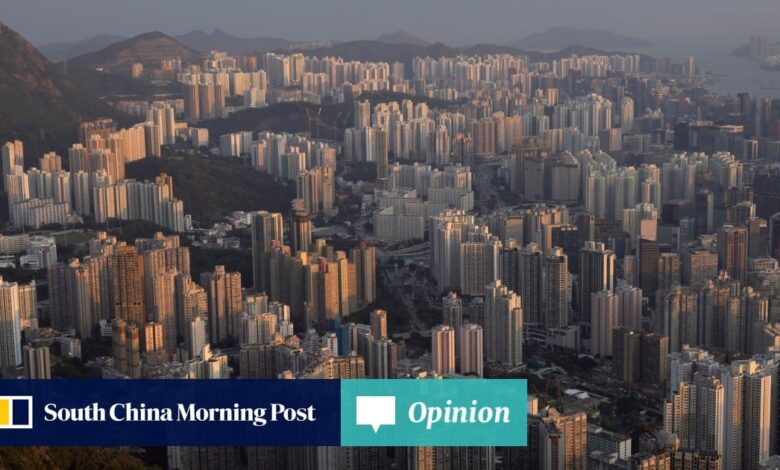New Business
The View | Hong Kong property market gloom has become self-fulfilling prophecy


Narratives are important. Robert Shiller, the Nobel Prize-winning economist, published a book in 2019 explaining how the forces driving economies and markets have more to do with stories than hard data. Not only are narratives contagious once they take hold, they need not be accurate to spread.
Some of the most contagious narratives are in the property industry, where sentiment among buyers and sellers is a crucial determinant of the performance and outlook for the sector. While the underlying fundamentals of real estate markets matter more in the long term, a positive or negative narrative – especially one that is popular and compelling – can go viral and have an outsize impact.
In Hong Kong, the mood in the property market has been gloomy for a long time, partly because some of the fundamentals have been so weak. A succession of domestic and external shocks in the past several years has prevented a meaningful recovery from taking hold.
Among Asia’s leading real estate markets, Hong Kong faces the most acute challenges, caught between a cyclical and structural downturn in mainland China and tighter monetary policy in the United States. Persistent concerns about Hong Kong’s position as a financial centre – which are amplified by the gap between Chinese and US borrowing costs, raising questions about the suitability of the city’s currency peg to the US dollar – add to the gloom.
Worryingly, the pessimism about Hong Kong’s property market has become self-fulfilling. A cursory glance at the year-ahead outlooks shows that even the agents, whose job is to sell and lease more properties, are remarkably downbeat. Any positive views are drowned out by the heavy emphasis placed on oversupply, the threat of higher trade tariffs, high interest rates, and changes in consumption patterns.
It is not just the commentary and forecasts that are bearish but the tone as well. JLL chairman Joseph Tsang said that “the primary challenge in the housing market is oversupply. However, we must also consider the risks posed by the escalating US-China trade war and an uncertain interest rate outlook.” He then painted an even grimmer picture, saying these headwinds only partly account for the drop in secondary house prices. “Deep structural changes are reshaping market fundamentals and asset values,” he said.
Source link



